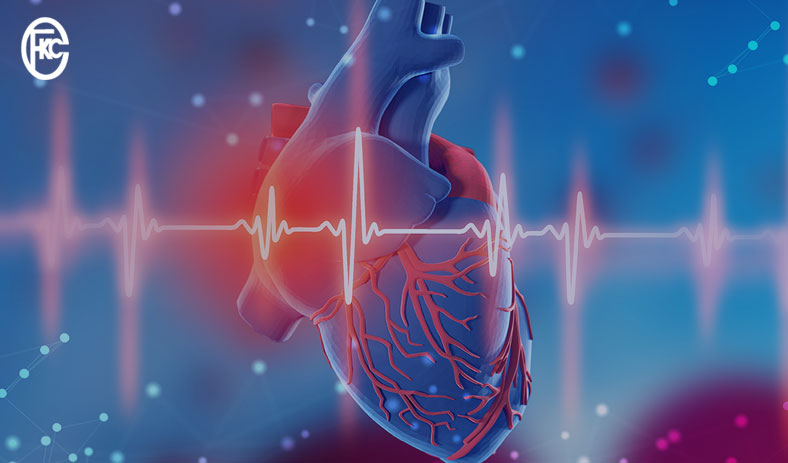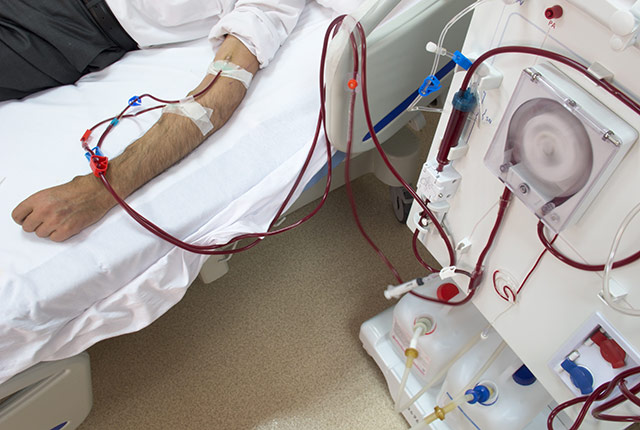
Dialysis is the only therapeutic option for patients who have reached the end stage of renal failure. Patients who have been diagnosed with end-stage renal failure may have their life expectancy extended with this medication, but it is not a cure. At the kidney dialysis center you can find the right choice.
A person's life expectancy cannot be predicted when they begin treatment for renal failure that has advanced to the end-stage since there are so many factors that effect it. A patient's life expectancy is influenced by a variety of variables, including the severity of their kidney disease, the presence of other health issues, and how well they comply to their treatment plan.

Even with all of these factors taken into account, a patient with end-stage renal failure should anticipate a median survival period of 5 to 10 years after starting treatment. Some individuals have been able to live longer thanks to dialysis. Some people with end-stage renal failure have had their life expectancy enhanced by 20 or even 30 years as a result of regular treatment.
Patients whose kidney disease has progressed to the end stage do have a say in the therapy they get. While this is the final stage of renal failure, it can only be discovered after the kidneys have lost at least 85 percent of their function. Dialysis is the only therapeutic option that can keep a patient alive once their kidneys have failed. Due to the lack of other options, dialysis is the only one that can assist keep a patient's life going.
If you don't seek treatment for advanced renal failure, you might lose your life. Without treatment, those who have been told they have end-stage renal failure have just weeks to survive.
It is necessary to do dialysis in order to finish vital physiological functions that cannot be accomplished because the kidneys no longer function properly. Because of this, dialysis is the most common type of treatment. In addition to draining out extra water, salt, and waste, this treatment method ensures that important chemicals like potassium and bicarbonate are present in the body at safe amounts and regulates blood pressure in the same way that healthy kidneys ordinarily do.
Dialysis patients who no longer need it once their health improves may be familiar to some people. In spite of the fact that this treatment does not cure end-stage renal failure, many with this illness are swayed to believe it does so. Choosing the kidney dialysis center Florida is essential there.
Dialysis may only be a temporary repair for acute renal failure, which may have been caused by a severe illness or accident. Because the kidneys were not irreparably damaged, this condition is just temporary and may be treated with this drug to help the kidneys heal and resume normal function. For chronic or end-stage renal failure, however, it is a permanent treatment and patients will need to continue receiving it for the rest of their lives to stay healthy.